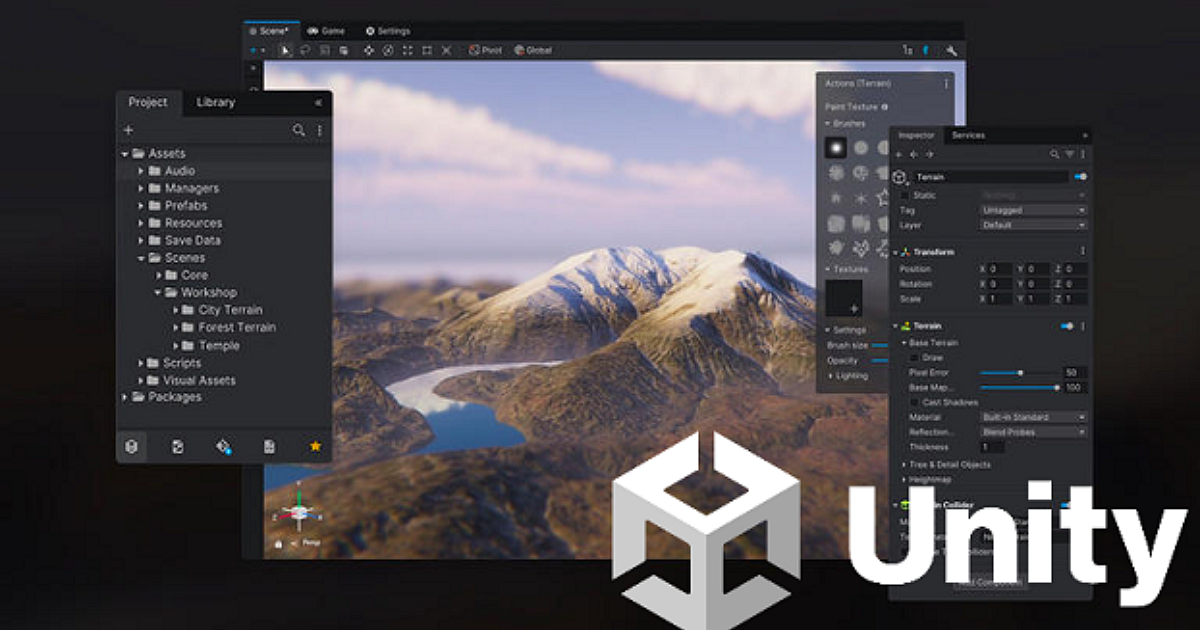
Cover-Credits:
Unity Technologies has taken the step of closing two of its offices following a series of "credible death threats." The threats come in the wake of a contentious decision by the company to introduce per-install fees, sparking outrage within the gaming community.
While the exact nature of the death threats remains undisclosed, the incident has highlighted the magnitude of the backlash against Unity's pricing changes and the potential financial hardships it may impose on game developers.
Death Threats Prompt Office Closures at Unity
Unity CEO John Riccitiello was scheduled to hold a crucial town hall meeting to discuss the rollout of a new pricing model known as the Runtime Fee. Under this new system, developers would be charged per each new game installation once specific revenue and download thresholds were reached.
However, the meeting was abruptly canceled after the company reportedly received a "credible death threat." In response to the threat, Unity made the difficult decision to temporarily close its offices in Austin, Texas, and San Francisco. A spokesperson from Unity emphasized the company's commitment to the safety of its employees and confirmed their full cooperation with law enforcement authorities in the ongoing investigation.
According to Polygon, San Francisco police responded to Unity’s San Francisco Office regarding a “threats incident”. Reportedly, “a reporting party” informed the police that “an employee made a threat towards his employer using social media.” According to the police statement, the employee who made the threat is based in an office in California.
Backlash from the Gaming Community
Unity's pricing changes have not only triggered internal discontent but also resulted in an astonishing backlash from game developers across the industry. Many have criticized the decision, arguing that it erodes trust and could significantly impact their businesses. Studios that create freemium games or set lower prices for their titles could be hit particularly hard by the new fee structure.
Internal divisions within the company have also emerged, with reports of growing dissatisfaction among employees. Some have criticized the company's leadership for failing to listen to the concerns of developers and engineers.
Unity's reputation and future are now hanging in the balance. The company's response to the current crisis and its willingness to engage with developers and the gaming community will undoubtedly shape its trajectory in the industry. As Unity navigates these tumultuous waters, stakeholders and industry observers eagerly await developments that could potentially redefine the landscape of game development platforms.
